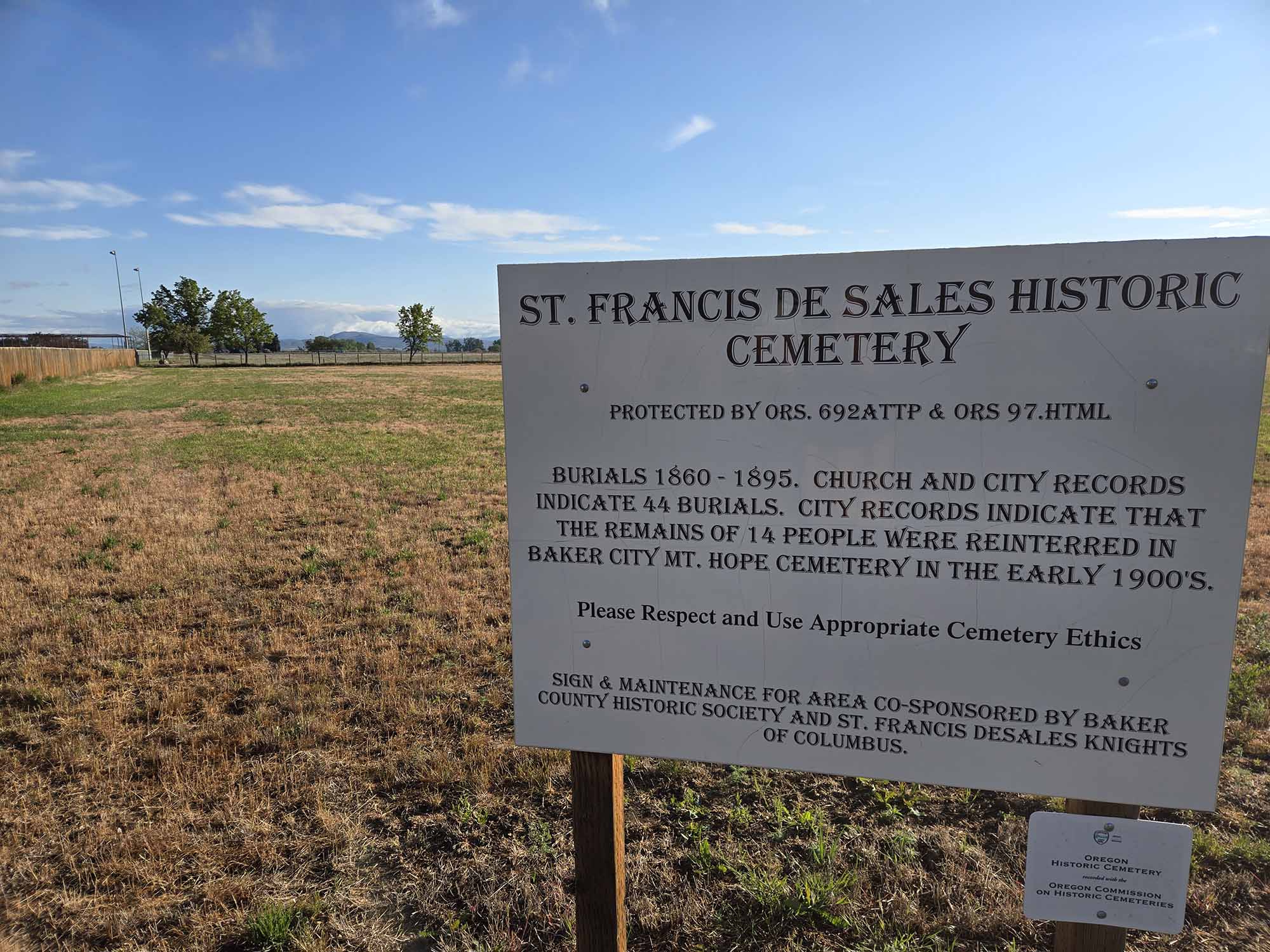City could block access to properties with chronic crimes, code violations
Published 12:35 pm Monday, November 13, 2017
Baker City Councilors on Tuesday will discuss a proposed ordinance that would allow the city to block all access for up to a year to residential properties where at least three separate cases involving certain crimes or city code violations have occurred within a 180-day period.
Trending
Police Chief Wyn Lohner, who proposed the ordinance, wrote in a report to the Council that the city lacks penalties that deter people from repeatedly violating state criminal statutes or city ordinances.
“Currently we have no ordinance or other mechanism in place to hold property owners, or those in control of property, accountable for these repeated violations at a level that is proven to be a deterrent,” Lohner wrote.
Several Oregon cities have ordinances dealing with “chronic nuisance properties.”
Trending
The proposed ordinance that Lohner is asking councilors to consider is taken largely from Springfield’s ordinance.
“(The police chief) of Springfield said it’s been a great ordinance and has helped them,” Lohner said. “Our whole goal is to just gain compliance with the laws and ordinances.”
Tuesday’s City Council meeting starts at 7 p.m. at City Hall, 1655 First St.
Under Baker City’s current rules, the city can cite property owners for violating ordinances that require, among other things, that they keep grass and weeds trimmed and avoid accumulating trash on their property.
The city can even hire someone to address such problems and then bill the property owner for the work.
But the ordinance Lohner proposes would give the city another legal tool — the ability to block access to properties, including by the owner, for up to a year if there are at least three offenses within a 180-day period.
Under the ordinance, the city could deem a residential property as a “chronic disorderly property” if there are at least three violations within 180 days of either the city’s property maintenance or animal regulations codes, or at least three “prohibited activities” on the property. The latter includes any of these crimes:
• harassment
• hindering prosecution
• disorderly conduct
• assault or menacing
• sexual abuse
• public indecency
• prostitution
• liquor violations
• offensive littering
• criminal trespass
• theft, possession, manufacture or delivery of a controlled substance
• illegal gambling
• criminal mischief
• discharge of a firearm,
• frequenting a place where controlled substances are used
If the police department has evidence that there have been at least two violations on a single property in less than 180 days, the department can notify the owner that the property could be deemed a chronic disorderly property, and subject to the penalties in the ordinance.
The property owner would have a chance to negotiate an agreement with the city to avoid the chronic disorderly designation.
But if that doesn’t happen, and if a third crime or code violation happens on the property within a 180-day period, then the city could go to court to seek an order that “the property be closed and secured against all access, use and occupation” for at least three months, but not more than 12 months.
See more in the Nov. 13, 2017, issue of the Baker City Herald.









